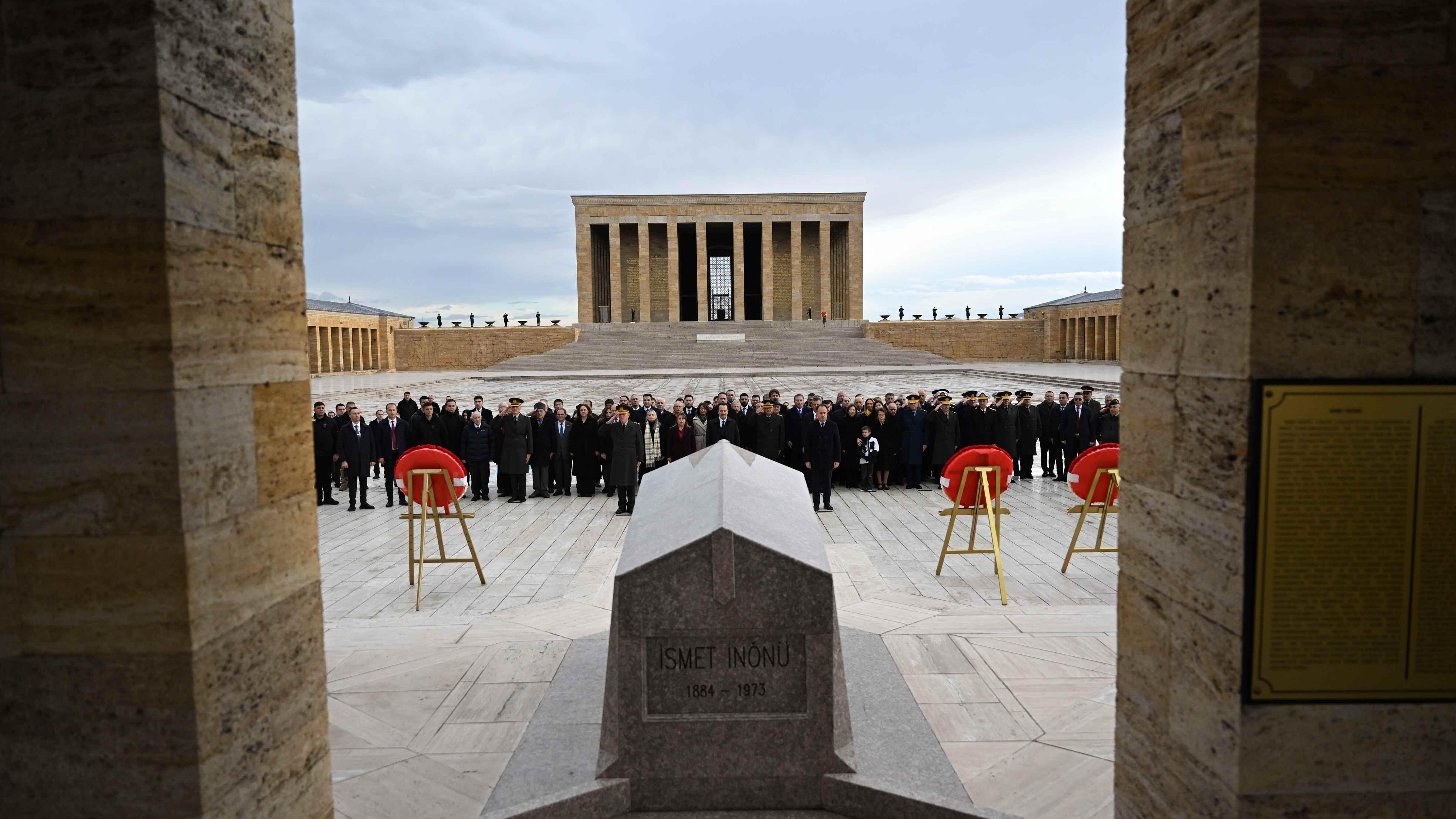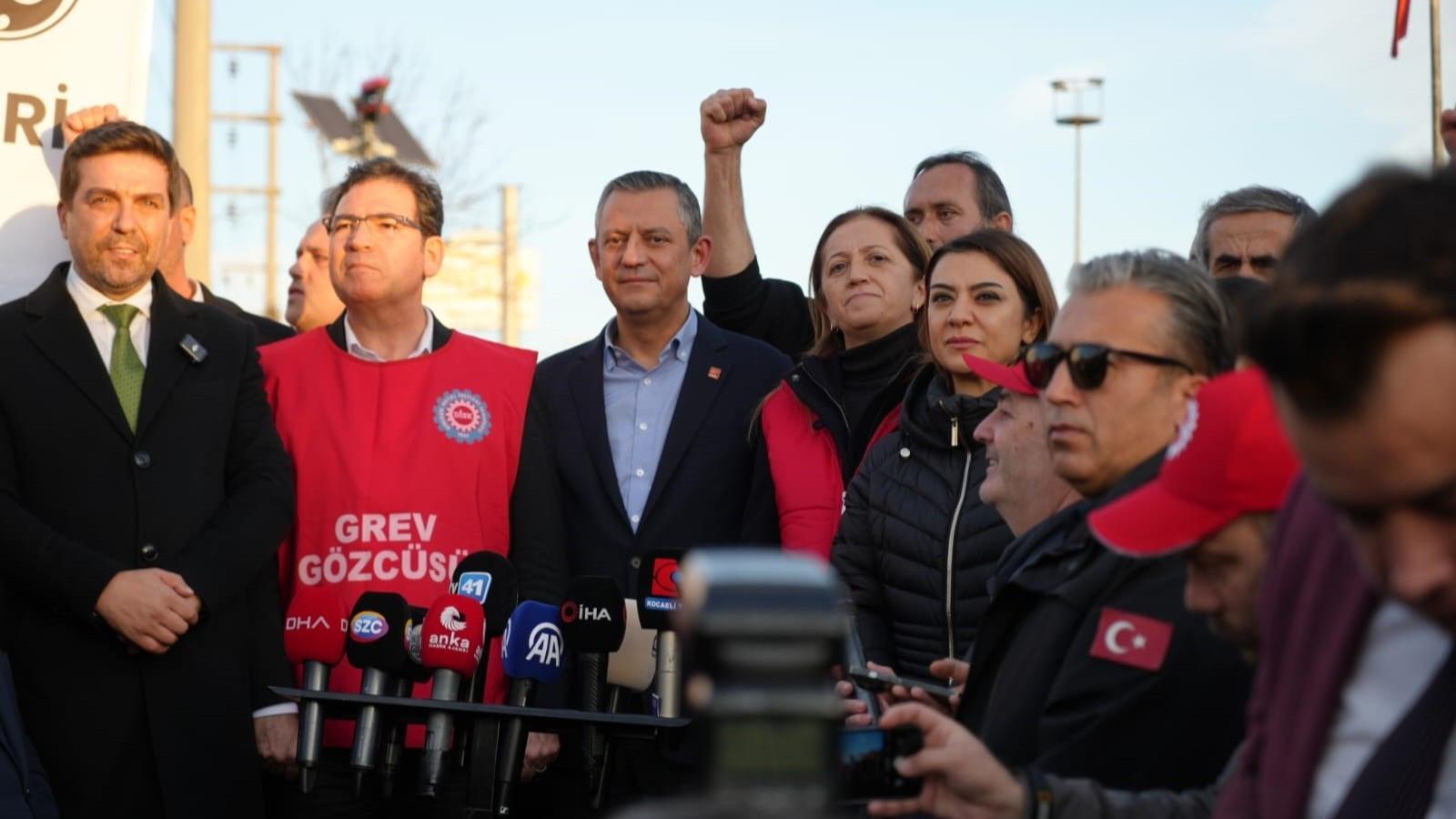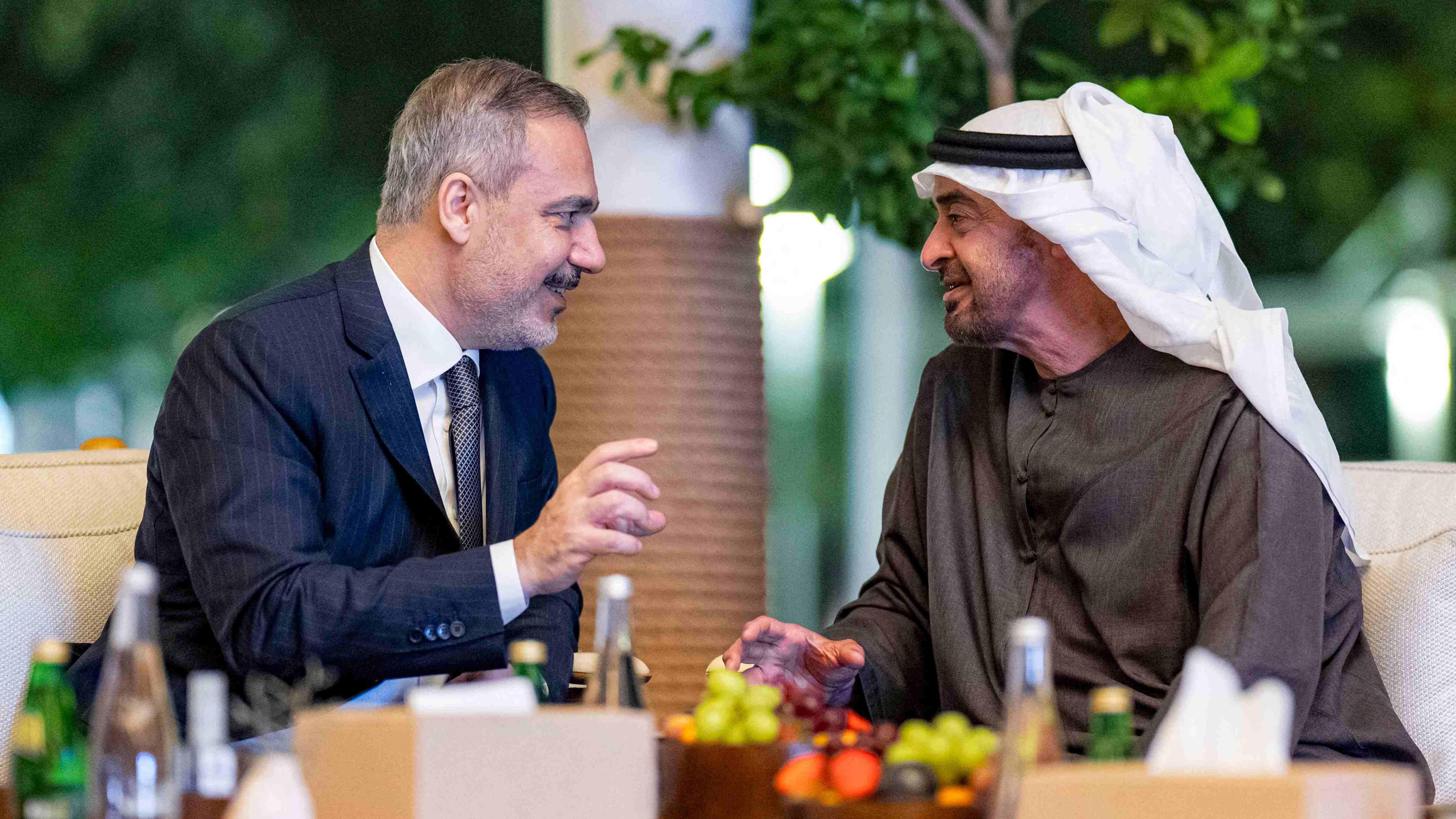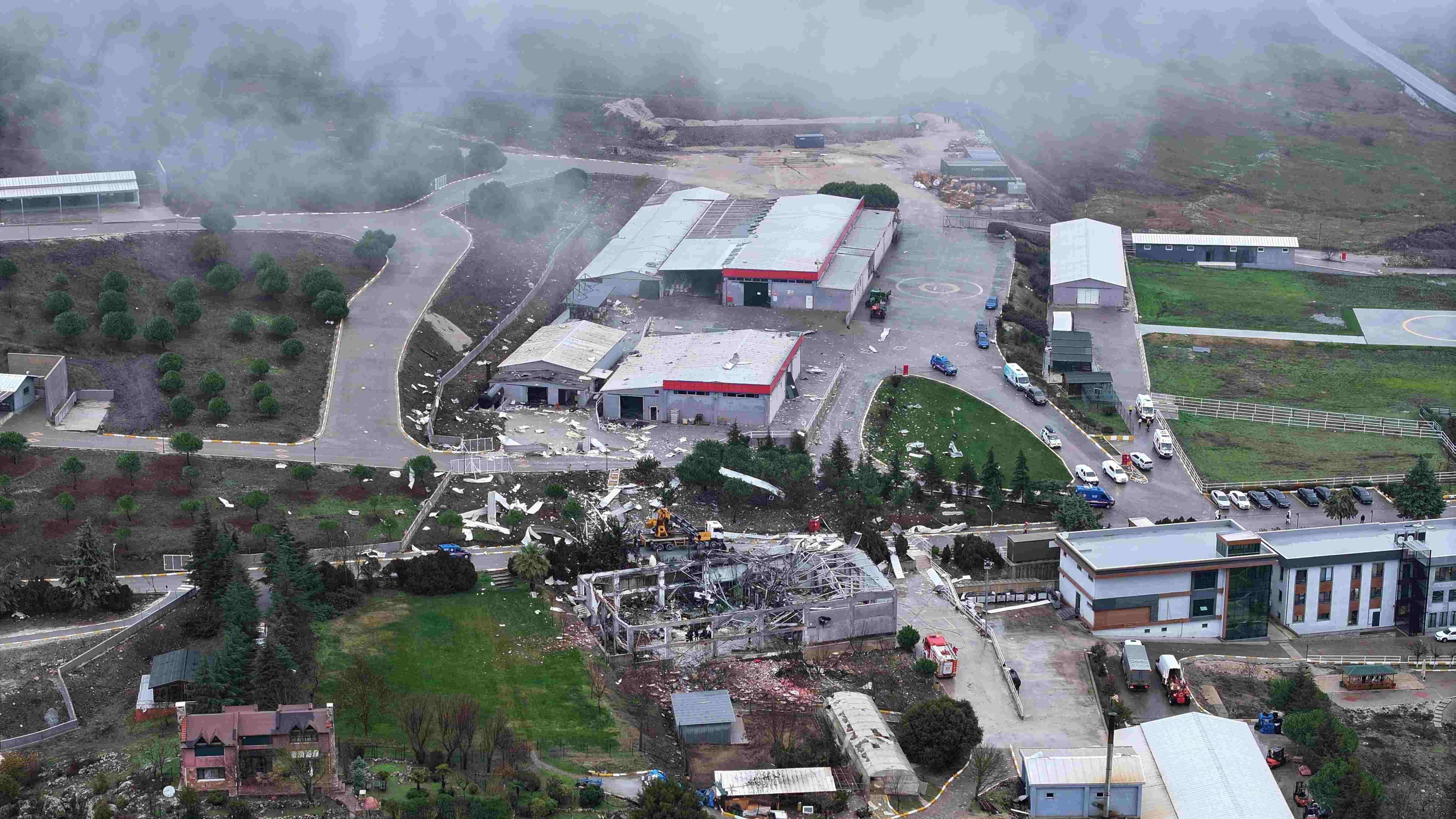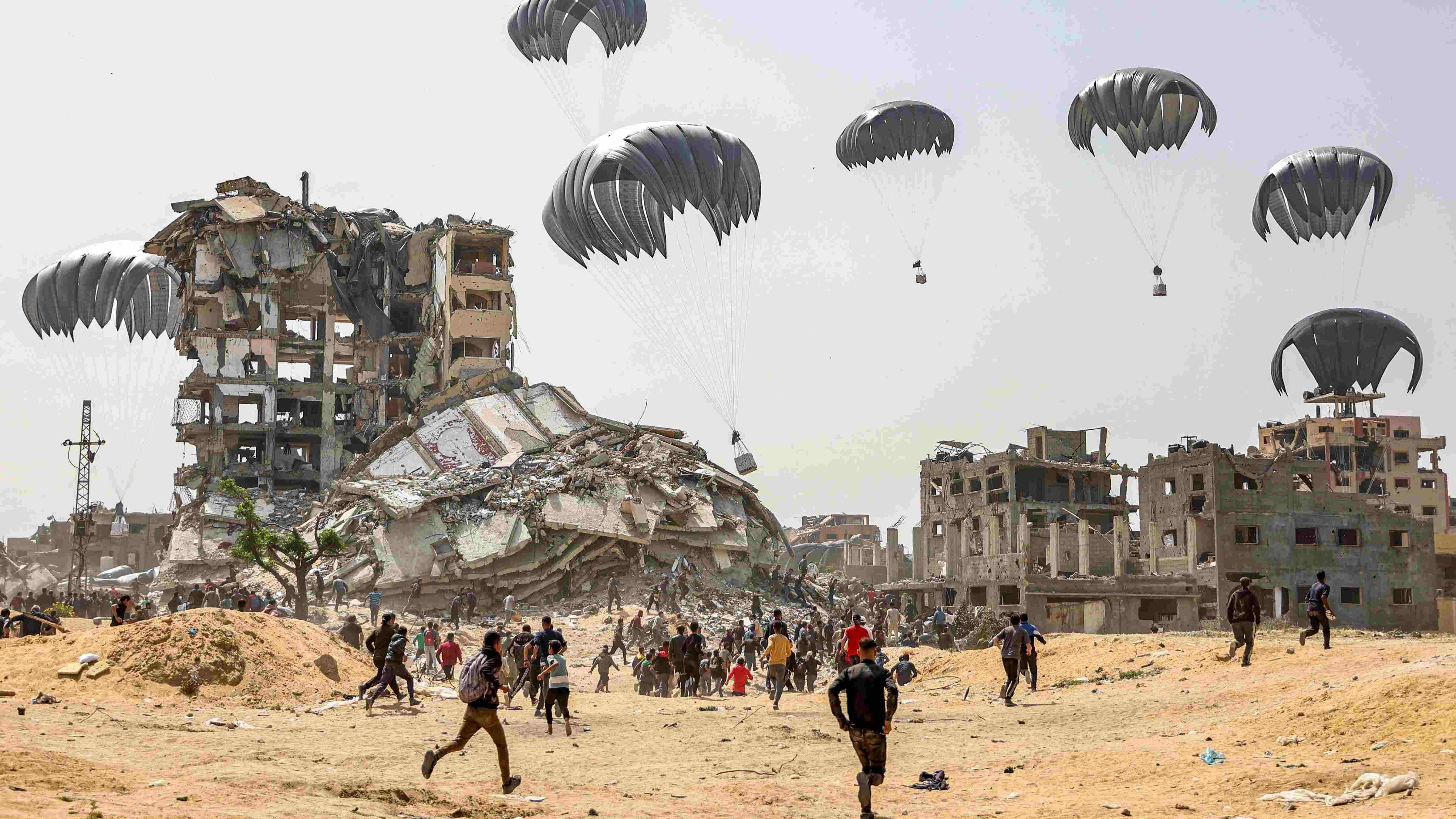Turkey can’t just sit on the fence on ISIL
The release of the Turkish hostages held by the Islamic Sate of Iraq and the Levant (ISIL) will continue to be speculated about for some time yet given that the government is being cryptic about the whole matter.
The government is emphasizing the great success it secured, but many are wondering what concessions were made to a group that is listed officially by Turkey as a terrorist organization.
What is much more important than the self-congratulation President Recep Tayyip Erdoğan, Prime Minster Ahmet Davutoğlu and their supporters are engaged in currently, and the effort by the opposition to try and undermine this, though, is the question of what happens now.
Prior to leaving for New York on Sept. 21, to attend the annual meeting of the U.N. General Assembly, Erdoğan indicted that “things will be very different” now that the hostages are back in Turkey. “Decision-making mechanisms will arrive at their decisions with much greater ease,” he said.
It is not exactly clear what he meant. Ankara had been insisting that if it appeared to be reluctant about participating in a military coalition against ISIL, this was due to the fact that this group was holding 49 Turks, including Turkey’s Mosul consul general, hostage.
It is easy therefore to jump to the conclusion now that Erdoğan’s remarks show that this reservation is not valid anymore, and that Ankara is more inclined now to contribute directly to the fight against ISIL. But Erdoğan also made it clear prior to leaving for New York that Turkey would not participate in any military action against this group.
Developments in Iraq and Syria, however, are such that Ankara cannot just sit on the fence and expect others to take care of the threat posed by the ISIL scourge. The latest arrival of tens of thousands of Kurdish refugees from northern Syria, and the tensions on the border with Syria between Turkish security forces and Kurds from Turkey, are just the latest indications of how activity by ISIL is having a direct impact on stability in Turkey.
Meanwhile, Ankara is still trying to ward off negative publicity in the Western media which continues to claim that ISIL enjoys benefits in Turkey one way or another and that the government is allegedly turning a blind eye to the group.
The bottom line is that this overall situation cannot go on. In other words, the government is going to have to come up with a coherent strategy which indicates not just to the world, but also to the Turkish public, that Ankara will not tolerate ISIL in any shape or form.
In other words, Turkey is going to have to get actively involved in the fight against this group, even if this involvement is not in the form of a direct military confrontation with it.
The Turkish media, and not just the Western media that is angering Erdoğan and his supporters so much, abound with stories of how ISIL is recruiting militants in Turkey, and how it is using Turkey for logistical and financial needs.
In other words, the fight against ISIL need not be taken beyond Turkey’s borders but can start in the country. To start with, there can be much greater scrutiny and more effective preventive action against the covert or overt activities of the group on Turkish soil.
If the Turkish media can track down those who are involved in this activity, surely Turkish security and intelligence authorities can do so, too.
Erdoğan and Davutoğlu may be trying to bask in the glory of having secured the release of the Turkish hostages held by ISIL. But rather than diminishing the responsibility of Turkey to contribute in meaningful ways to international efforts at confronting the group, this development has increased it. If Ankara fails to live up to this, all the self-congratulation the government is involved in now currently will wither away in a few days and amount to nothing.
All that will be left will be a continuation of the disturbing speculation about Ankara’s relations with ISIL.



